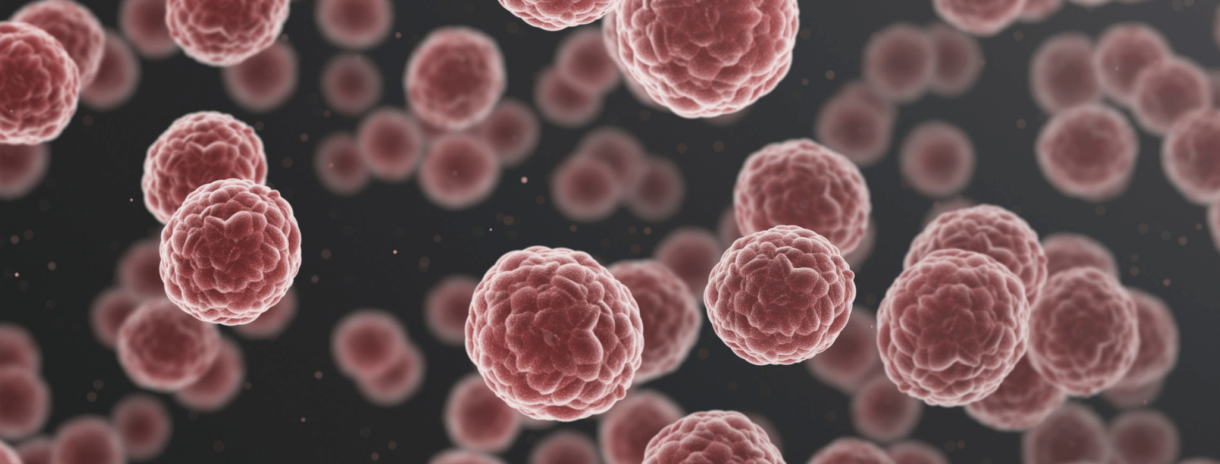Q&A With Three Leading Melanoma Specialists

 Eric D. Whitman, MD
Eric D. Whitman, MD
Medical Director, Atlantic Health System
Cancer Care Director, Atlantic Melanoma Center
Question: Which clinical trials do you believe are particularly exciting?
Answer: In my opinion, the most exciting research happening in the melanoma world right now falls into two categories.
The first type of exciting research investigates the use of biomarkers to predict response to treatment. As it applies to melanoma, a “biomarker” is a blood, tissue or even stool test that assesses a patient’s ability to respond, or not, to therapy. Is your immune system ready to respond to the latest immunotherapy? Is there something about your melanoma tumor that predicts it will never respond to another therapy? Is your melanoma likely to come back or metastasize? Not only are these questions important clinically, they also can have a significant financial impact, given the high cost of so many tests and treatments today. These are all very important questions, and investigators are actively seeking ways to provide us with the answers.
The second type of exciting research involves a combination of approved immunotherapy, especially the checkpoint inhibitors, with novel agents that might prime the immune system to kill cancer. These new drugs typically have virtually no effect, good or bad, by themselves, but could help the immune system to respond more effectively to standard immunotherapy. For example, many patients, unfortunately, do not respond to current immunotherapy drugs. However, if we treated them at the same time with a “priming “ agent, might they respond even if standard therapy had failed previously?
As deadly as melanoma can be, there is no doubt that we are in the midst of a transformation from an era when almost nothing helped, to a time with many effective treatments, often with surprisingly little toxicity. It will be fascinating to see what the next few years bring.
Register to Attend Our Living With Melanoma Patient Symposium at Atlantic Melanoma Center on Saturday, September 15th and Hear Dr. Whitman’s Melanoma Treatment Update 2018.
 Jeffrey Farma, MD
Jeffrey Farma, MD
Associate Professor, Department of Surgical Oncology,
Fox Chase Cancer Center
Question: What particular clinical trial do you currently have open at your institution that you are excited about?
Answer: We have had increased interest in neoadjuvant treatment of melanoma. Neoadjuvant treatment is giving therapy like immunotherapy prior to surgical resection in hopes of improving response and survival in more locally advanced melanoma. We are opening our first neoadjuvant clinical trial here this month, called NeoDREAM- An Open-Label, Randomized, Controlled Multi-Center Study of the Efficacy of Darorum (LI9IL2 + L19TNF) Neoadjuvant Intratumoral Treatment Followed by Surgery versus Surgery Alone in Clinical Stage IIIB/C Melanoma Patients. In patients who present or have a recurrence with palpable lymph nodes, or in-transit nodules, the investigational group will have an injection into their lymph node or lesion for 4 weeks prior to surgery and then undergo resection. We will be able to evaluate the tumor for changes from the injections and determine if these patients have a different chance of recurrence and survival. I believe the neoadjuvant approach for select patients will be the future of how we treat some melanoma patients and am excited to have this novel trial opening at Fox Chase Cancer Center.
Register to Attend Our Living With Melanoma Patient Symposium at Fox Chase Cancer Center on Saturday, September 22nd and Hear Dr. Farma’s Presentation on Post Surgical Treatment.
 Katy Tsai, MD
Katy Tsai, MD
UCSF Helen Diller Family Comprehensive Cancer Center
Question: What particular clinical trial do you currently have open at your institution that you are excited about?
Answer: In terms of currently open clinical trials at UCSF, I would say that I am excited about an agent called CMP-001 (A Multicenter, Two Part Open-Label, Phase 1b Clinical Study of CMP-001 Administered Either in Combination with Pembrolizumab or as Monotherapy in Subjects with Advanced Melanoma) sponsored by CheckMate Pharmaceuticals. There is a need for treatment options for patients who progress despite anti-PD-1 therapy, and this trial focuses on that population. This study drug, a TLR9 agonist, is thought to increase anti-tumor T cell activity by increasing the efficiency with which the immune system is able to recognize cancer cells, and earlier work suggests that this may be able to elicit tumor response in patients who either stopped responding to anti-PD-1, or perhaps never responded in the first place. This agent is also different in that it is injected directly into the tumor, and I am hopeful that toxicities will be less frequent and less severe than other drugs that are given systemically (injected into a vein, or taken by mouth).






